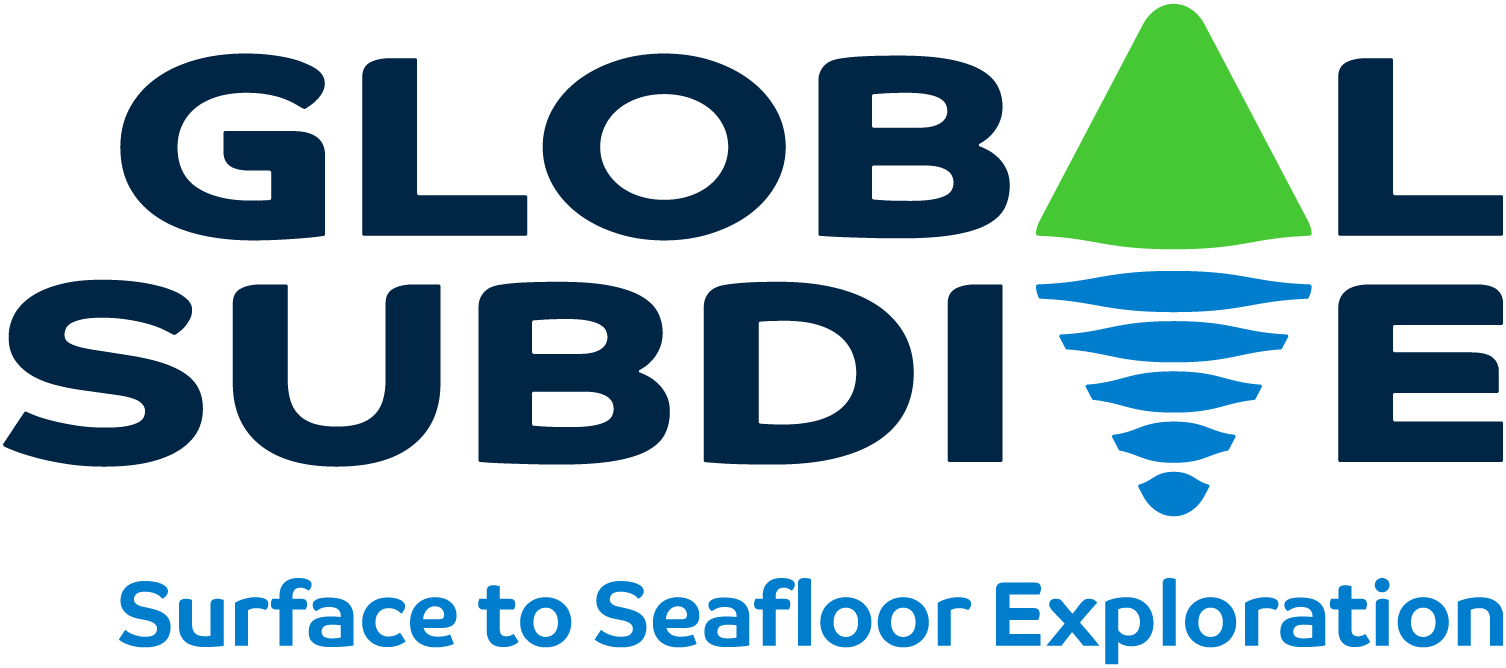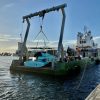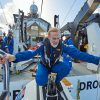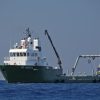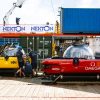Changing Ocean Illiteracy
Oliver Steeds, a 40-year old father of two young children and formerly successful investigative journalist, dropped the journalist career about 5 years ago in a quest to help save the oceans.
The past 3 years he has concentrated on putting the Nekton / Catling Deep Ocean Survey together which resulted in the massive month-long expedition in July-August this year that utilized the GlobalSubDive exploration platform and vessel, Baseline Explorer along with her two Triton submersibles, Nemo and Nomad.
Together with a whole list of valuable partners and team members, including, scientists, Project Baseline, exploration divers from Global Underwater Explorers and many more, the mission carried out numerous deep dives, collecting samples, making observations, recordings and much more.
He is the co-founder of Nekton and is the Mission Director.
The mission goes to the deep ocean, which is typically identified as the ocean below 200 meters. The idea is to establish a baseline of research that can be shared by scientists from all over the world. While a lot of politics are played out on Earth it seems at least that nations from all over have been able to come together and collaborate on endeavors such as the international space station.
Oliver Steeds has hopes for the same when it comes to the deep oceans which are in international waters and basically is one of the last collective common basically belonging to all human kind on Earth.
Mining, excessive and highly damaging trawling, along with pollution and other factors deteriorate and threatens this large resource which makes up 48% of our planets surface.
Raising more awareness and focus is key to improving the further evolution of the state of health of the oceans and this is indeed one of the key objectives of the Nekton initiative.
GlobalSubDive has been part of Mission One of this initiative. Commenced in mid July this summer, the exploration vessel, Baseline Explorer, was mobilized along with its two submersibles, Nemo and Nomad, and a tonnes of other equipment including tenders, technical dive gear and much more.
Destination was Bermuda and the Sargasso Sea.
During the month long expedition, numerous deep dives were carried out. Samples collected, video and still shots recorded and many updates were posted by various partners of the mission including many of the participating members in addition to participation by large number of journalists and media.
It has often been said that we know more about space than we do about our deep oceans. Well, the Nekton missions along with much of Global Sub Dive’s work seek to obtain more knowledge for us all and for the scientists to learn more from and to change some of that illiteracy.
More missions are planned for Nekton. Global Sub Dive is proud and pleased to have been part of the first of these.
